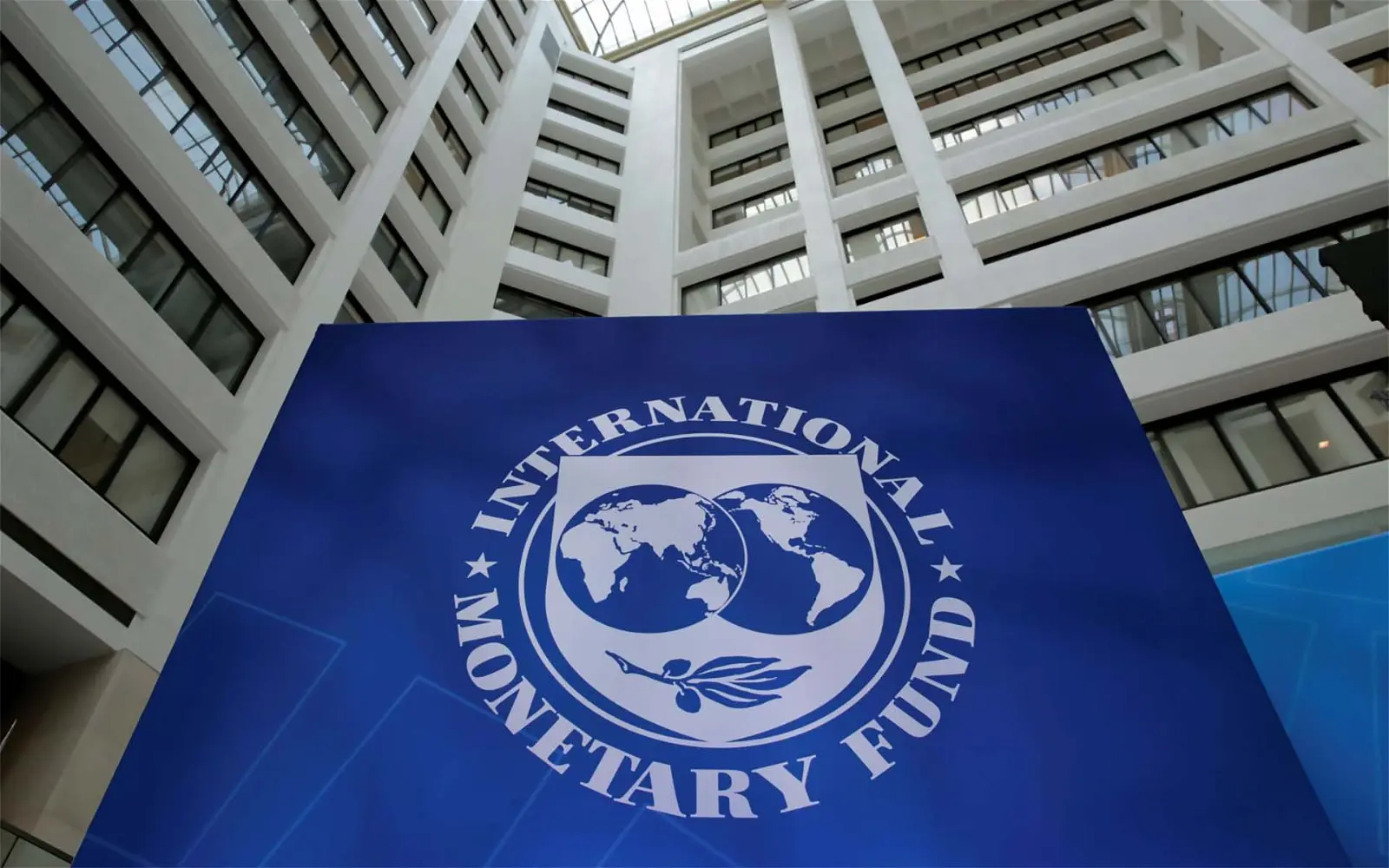The International Monetary Fund (IMF) has urged global leaders to unite in addressing a dire food security crisis in Africa, as 158 million people currently grapple with hunger on the continent.
The IMF’s urgent plea seeks to mobilize concerted efforts to combat this pressing humanitarian issue.
Join our WhatsApp ChannelThis revelation emerged from the IMF’s special issue report for October 2023, shedding light on the hidden human toll of economic instability.
The IMF’s findings underscore that this figure represents approximately 13% of Africa’s population, underscoring the magnitude of the crisis. Moreover, the report highlights a more disconcerting reality: only a select few African nations possess the technological, financial, and organizational means to effectively weather economic shocks independently.
READ ALSO: $1.5bn Budget Support Loan: Nigerian Govt Should Cut Cost of Governance Not Borrowing More – Moghalu
Notably, the situation is particularly dire for the continent’s fragile and conflict-ridden states, which remain vulnerable to external shocks, ranging from surging food prices and pandemics to climate-related disasters.
As the IMF warns, the consequences of a nation’s inability to address these issues do not stop at its borders but cascade into neighboring countries, creating a domino effect that spans generations.
The IMF’s report makes it clear that resolving conflicts and fragility within African states is not merely a regional concern but a global public good.
The path to stability and prosperity in the region and beyond necessitates collective action and international cooperation to bolster resilience and mitigate the far-reaching repercussions of fragility and conflict.
The unsettling suspension of the Black Sea Grain Initiative, as noted by the IMF, adds to the growing concerns. This development could exert renewed upward pressure on international food prices, potentially worsening the food security crisis.
Additionally, rising oil prices may indirectly impact food prices through factors such as increased fertilizer costs.
In a more localized context, the National Bureau of Statistics (NBS) released its Consumer Price Index (CPI) report on Monday, October 16, offering a snapshot of Nigeria’s inflation situation.
The report revealed that the inflation rate for September 2023 had surged to 26.72%, compared to 20.77% in September 2022. In August 2023, it stood at 25.80%, marking a 0.92% increase from the preceding month. The NBS attributed this rising inflation to escalating food and energy (electricity, gas, and other fuel) costs.
In light of these alarming statistics, the IMF emphasizes the imperative of focusing on high-quality and inclusive development for Africa’s growth and resilience. The continent’s youthful and rapidly expanding population underscores the urgent need for job opportunities, especially for new entrants and women.
Achieving these goals requires structural reforms, particularly diversification for resource-dependent nations and a shift from government-led to private-sector-driven growth.
READ ALSO: NBS Releases Latest Data On Food Prices As Nigeria’s Inflation Hits 26.72%
The IMF’s recommendations encompass streamlining bureaucracy, enhancing transparency, promoting a level playing field, improving public services, and boosting financial inclusion.
In sum, the IMF’s report not only underscores the urgency of addressing food insecurity but also highlights the interconnectedness of global challenges. It calls for unified global action to secure the future of millions of Africans and stabilize the region, emphasizing that stability in Africa is an imperative for the world at large.
Emmanuel Ochayi is a journalist. He is a graduate of the University of Lagos, School of first choice and the nations pride. Emmanuel is keen on exploring writing angles in different areas, including Business, climate change, politics, Education, and others.



















Follow Us